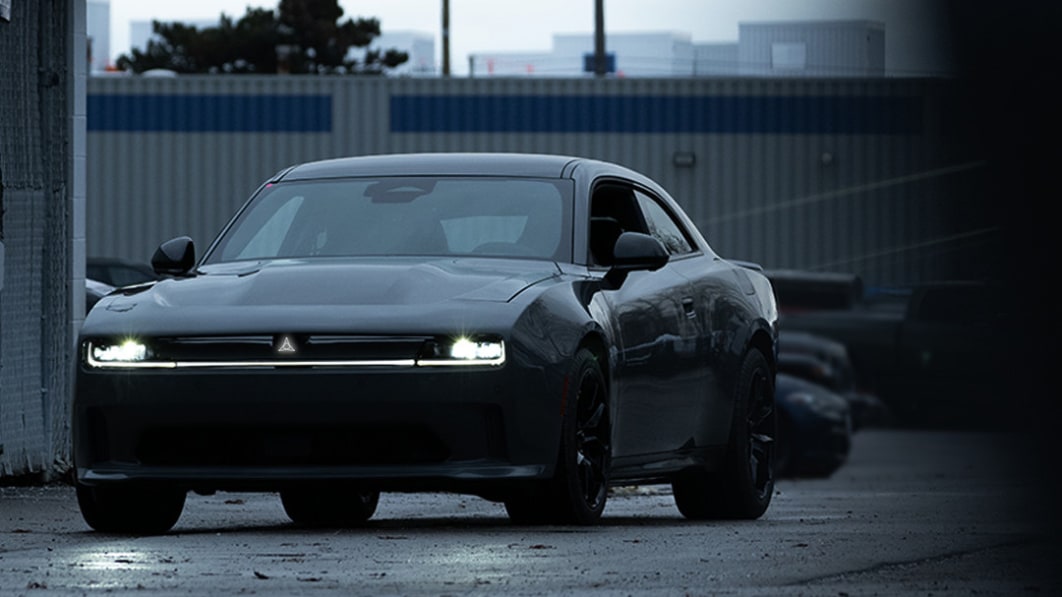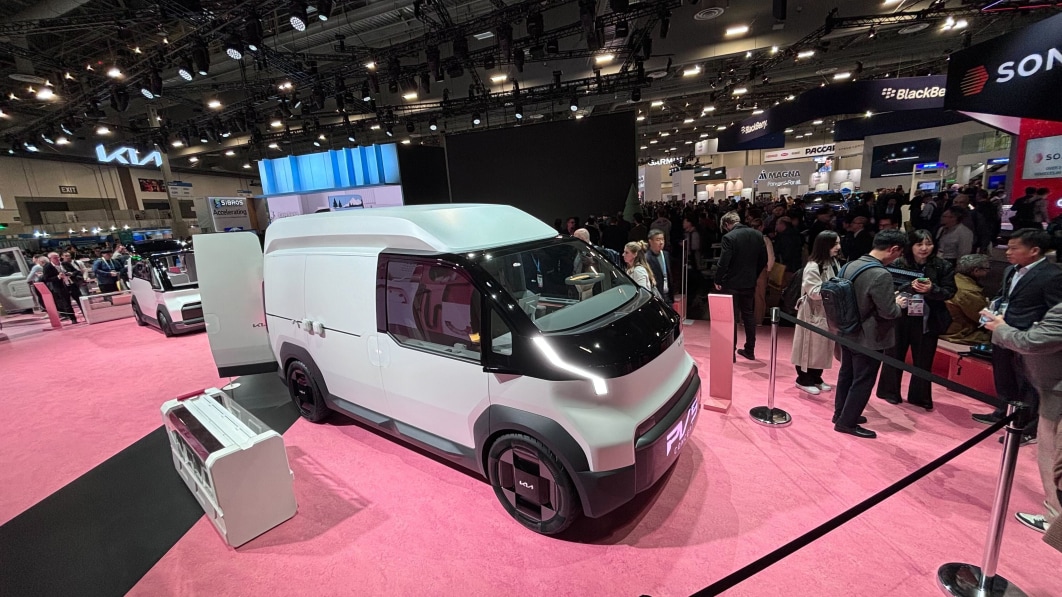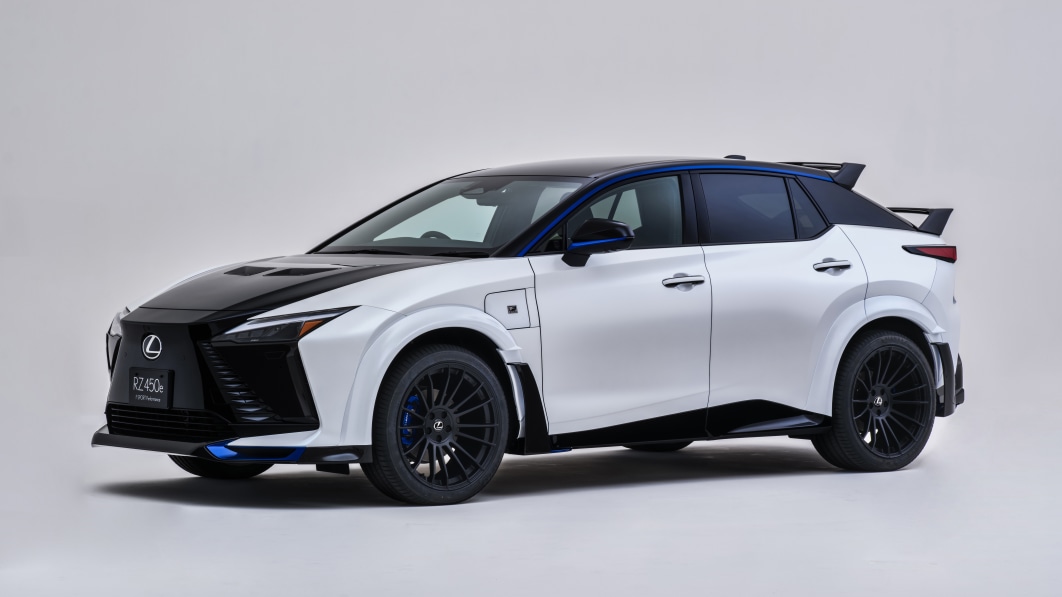
Kia Electrifying 2024 Australian Open — Let’s Go! Idemo! Vamos!



Filed under: Green,Dodge,Coupe,Electric,Performance

Continue reading 2025 Dodge Charger Daytona coupe revealed in pre-production form
2025 Dodge Charger Daytona coupe revealed in pre-production form originally appeared on Autoblog on Fri, 12 Jan 2024 12:07:00 EST. Please see our terms for use of feeds.
Permalink | Email this | Comments Before the second effort from Vinfast, the larger three-row VF 9, has even gone on sale, the Vietnam-based automaker is already focusing on an onslaught of future vehicles and concepts. Vinfast introduced a trio of future and potential products at CES in Las Vegas this week, including an electric pickup concept, a stylish electric bike, and a...
Before the second effort from Vinfast, the larger three-row VF 9, has even gone on sale, the Vietnam-based automaker is already focusing on an onslaught of future vehicles and concepts. Vinfast introduced a trio of future and potential products at CES in Las Vegas this week, including an electric pickup concept, a stylish electric bike, and a... Filed under: Design/Style,Green,CES,Concept Cars,Electric

Continue reading CES 2024 Editors' Picks
CES 2024 Editors' Picks originally appeared on Autoblog on Fri, 12 Jan 2024 11:30:00 EST. Please see our terms for use of feeds.
Permalink | Email this | CommentsFiled under: Green,Tokyo Auto Salon,Lexus,Crossover,SUV,Electric,Luxury,Performance

Continue reading Lexus RZ 450e F Sport Performance revealed at Tokyo Auto Salon
Lexus RZ 450e F Sport Performance revealed at Tokyo Auto Salon originally appeared on Autoblog on Fri, 12 Jan 2024 10:36:00 EST. Please see our terms for use of feeds.
Permalink | Email this | CommentsThe autonomous driving development and cockpit businesses of the Alps sub-brand are largely integrated with the Nio brand, with some businesses still operating independently, according to local media.
The post Nio integrates Alps' 2 main businesses with Nio brand, report says appeared first on CnEVPost.
For more articles, please visit CnEVPost.

 Israeli startup REE Automotive on Thursday announced that its P7-C electric chassis-cab truck is the first vehicle with entirely by-wire controls to be certified for sale in the U.S. Deliveries of the medium-duty commercial truck are now underway following following Federal Motor Vehicle Safety Standards (FMVSS) and EPA certification, REE said in...
Israeli startup REE Automotive on Thursday announced that its P7-C electric chassis-cab truck is the first vehicle with entirely by-wire controls to be certified for sale in the U.S. Deliveries of the medium-duty commercial truck are now underway following following Federal Motor Vehicle Safety Standards (FMVSS) and EPA certification, REE said in... 